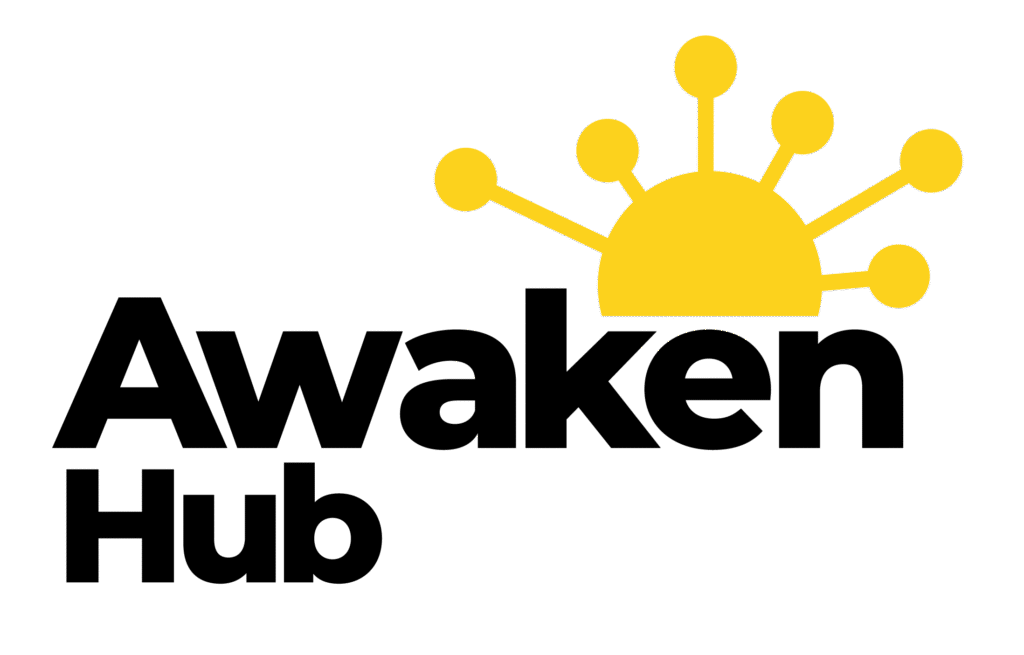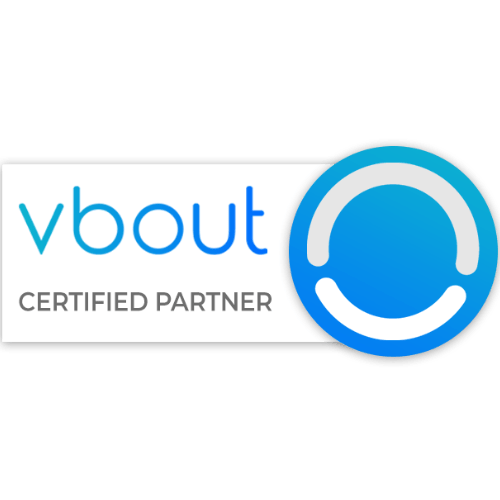Boosting Your Website’s SEO: A Comprehensive Analysis – ideal for a blog post or article on digital marketing or web development websites.
When you delve into the world of digital marketing, one term that frequently arises is Search Engine Optimisation, or SEO….
When you delve into the world of digital marketing, one term that frequently arises is Search Engine Optimisation, or SEO. At its core, SEO is the practice of enhancing your website’s visibility on search engines like Google. The higher your site ranks in search results, the more likely it is that users will click through to your content.
This is particularly crucial in a competitive landscape, where businesses in Ireland are vying for attention in a crowded online marketplace. Understanding the fundamentals of SEO can empower you to make informed decisions about your online presence. SEO encompasses various strategies and techniques aimed at improving your website’s ranking.
These include keyword research, on-page optimisation, content creation, and link-building efforts. By grasping these basics, you can begin to formulate a comprehensive approach to enhance your site’s performance. In Ireland, where local businesses are increasingly turning to online platforms, mastering SEO can be the difference between thriving and merely surviving in the digital realm.
Summary
- Understanding the basics of SEO is crucial for improving website visibility and ranking on search engines.
- Conducting comprehensive keyword research helps in identifying relevant and high-traffic keywords for targeting in SEO strategies.
- Optimizing on-page elements such as title tags, meta descriptions, and headings is essential for improving website’s SEO performance.
- Creating high-quality and relevant content is key to attracting and engaging website visitors, as well as improving SEO rankings.
- Utilizing off-page SEO strategies such as link building and social media marketing can significantly impact website’s search engine rankings.
Conducting a Comprehensive Keyword Research
Keyword research is a pivotal step in your SEO journey. It involves identifying the terms and phrases that potential customers are using to search for products or services similar to yours. In Ireland, this means understanding local dialects, cultural nuances, and regional preferences that may influence search behaviour.
By utilising tools such as Google Keyword Planner or SEMrush, you can uncover valuable insights into what your target audience is searching for. Once you have a list of relevant keywords, it’s essential to analyse their competitiveness and search volume. This will help you prioritise which keywords to target in your content.
For instance, if you run a tourism business in Dublin, you might find that “Dublin city tours” has a high search volume but also significant competition. Conversely, a more specific phrase like “hidden gems in Dublin” may have lower competition and could be easier to rank for. By strategically selecting keywords that align with your business goals and audience interests, you can create a solid foundation for your SEO efforts.
Optimizing On-Page Elements for SEO

On-page optimisation refers to the various elements within your website that you can control to improve its visibility on search engines. This includes optimising title tags, meta descriptions, headers, and images. Each of these components plays a crucial role in how search engines interpret your content and rank it accordingly.
For instance, incorporating your target keywords into these elements can signal to search engines what your page is about. In addition to keyword placement, ensuring that your website is user-friendly is equally important. This means creating a clear navigation structure and ensuring that your site loads quickly.
In Ireland, where mobile usage is on the rise, it’s vital to ensure that your website is responsive and provides a seamless experience across devices. By focusing on both keyword optimisation and user experience, you can significantly enhance your site’s chances of ranking higher in search results.
Creating High-Quality Content for SEO
| Metrics | Data |
|---|---|
| Keyword Density | 2-3% |
| Word Count | 1000-2000 words |
| Readability Score | 70-80 (Flesch-Kincaid) |
| Inbound Links | At least 3 high-quality links |
| Engagement Metrics | High average time on page, low bounce rate |
Content is often hailed as king in the realm of SEO, and for good reason. High-quality content not only engages your audience but also encourages them to share it, which can lead to valuable backlinks. When creating content for your website, consider what information your audience is seeking and how you can provide it in an engaging manner.
In Ireland, storytelling is an integral part of the culture; weaving narratives into your content can resonate deeply with readers. Moreover, regularly updating your content can signal to search engines that your site is active and relevant. This could involve adding new blog posts, updating existing articles with fresh information, or even creating multimedia content such as videos or infographics.
By consistently delivering valuable content that addresses the needs of your audience, you can establish yourself as an authority in your niche while simultaneously improving your SEO performance.
Utilizing Off-Page SEO Strategies
While on-page optimisation focuses on elements within your website, off-page SEO encompasses strategies that occur outside of it. One of the most effective off-page techniques is link-building, which involves acquiring backlinks from other reputable websites. In Ireland, building relationships with local bloggers or industry influencers can be particularly beneficial for gaining high-quality backlinks that enhance your site’s authority.
Social media also plays a significant role in off-page SEO. By sharing your content across various platforms, you can increase its visibility and drive traffic back to your site. Engaging with your audience on social media not only helps build brand awareness but also encourages shares and interactions that can positively impact your SEO efforts.
By combining link-building with social media engagement, you can create a robust off-page strategy that complements your on-page optimisation efforts.
Monitoring and Measuring SEO Performance

To truly understand the effectiveness of your SEO strategies, monitoring and measuring performance is essential. Tools like Google Analytics and Google Search Console provide valuable insights into how users are interacting with your site. You can track metrics such as organic traffic, bounce rates, and conversion rates to gauge the success of your efforts.
In Ireland’s dynamic market, being able to adapt based on data-driven insights can give you a competitive edge. Regularly reviewing your performance metrics allows you to identify areas for improvement. For instance, if you notice that certain pages are receiving high traffic but low engagement, it may be time to revisit the content and make enhancements.
Conversely, if specific keywords are driving traffic but not converting visitors into customers, you might need to adjust your call-to-action or landing page design. By continuously monitoring and refining your approach based on performance data, you can ensure that your SEO efforts remain effective over time.
Implementing Technical SEO Best Practices
Technical SEO refers to the behind-the-scenes elements that contribute to a website’s performance and usability. This includes aspects such as site speed, mobile-friendliness, secure connections (HTTPS), and structured data markup. In Ireland’s competitive online landscape, ensuring that your website meets these technical standards is crucial for maintaining a positive user experience and achieving higher search rankings.
One key aspect of technical SEO is ensuring that search engines can easily crawl and index your site. This involves creating an XML sitemap and optimising your robots.txt file to guide search engine bots through your content effectively. Additionally, regularly checking for broken links or errors can help maintain the integrity of your site.
By prioritising technical SEO best practices, you not only enhance user experience but also improve the likelihood of achieving better rankings in search results.
Staying Updated with SEO Trends and Algorithm Changes
The world of SEO is ever-evolving, with search engines frequently updating their algorithms to improve user experience and deliver more relevant results. Staying informed about these changes is vital for maintaining your site’s visibility in search results. Subscribing to reputable SEO blogs or following industry experts on social media can help you keep abreast of the latest trends and best practices.
In Ireland specifically, understanding local trends and consumer behaviour can also inform your SEO strategy. For example, seasonal events or cultural shifts may influence what people are searching for at different times of the year. By being proactive in adapting your strategy based on both global trends and local insights, you can ensure that your SEO efforts remain relevant and effective in reaching your target audience.
In conclusion, mastering SEO requires a multifaceted approach that encompasses various strategies from keyword research to technical optimisation. By understanding the basics and continuously refining your tactics based on performance data and industry trends, you can significantly enhance your online presence in Ireland’s competitive digital landscape. Whether you’re a small business owner or part of a larger organisation, investing time and effort into SEO can yield substantial rewards in terms of visibility and customer engagement.
FAQs
What is website and SEO analysis?
Website and SEO analysis is the process of evaluating a website’s performance and its search engine optimization (SEO) strategies. It involves assessing various aspects such as website speed, mobile-friendliness, keyword usage, backlink profile, and overall user experience to identify areas for improvement.
Why is website and SEO analysis important?
Website and SEO analysis is important because it helps website owners and digital marketers understand how their website is performing in terms of search visibility, user experience, and overall online presence. It provides valuable insights that can be used to make informed decisions and implement effective strategies to improve website performance and rankings.
What are the key components of website and SEO analysis?
The key components of website and SEO analysis include technical SEO audit, on-page SEO evaluation, off-page SEO assessment, keyword research and analysis, backlink analysis, content quality assessment, website speed and performance evaluation, mobile-friendliness assessment, and user experience analysis.
How is website and SEO analysis conducted?
Website and SEO analysis is conducted using a combination of tools and techniques such as website audit tools, SEO analysis software, keyword research tools, backlink analysis tools, Google Analytics, Google Search Console, and manual inspection of website elements. The analysis may also involve competitor research to benchmark performance.
What are the benefits of website and SEO analysis?
The benefits of website and SEO analysis include improved search engine rankings, increased organic traffic, better user experience, higher conversion rates, enhanced online visibility, and a competitive edge in the digital marketplace. It also helps in identifying and fixing issues that may be hindering website performance.











